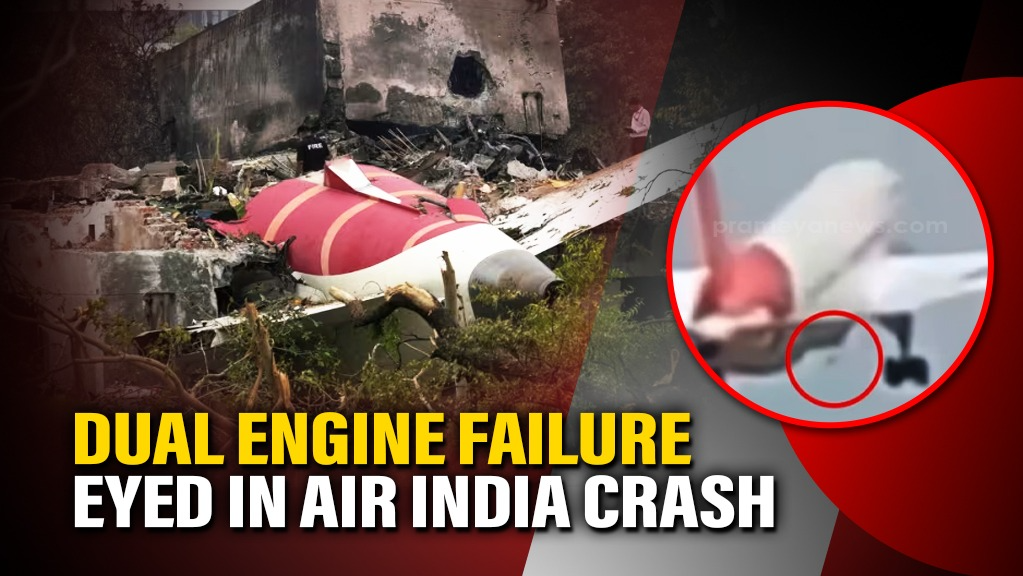

As the investigation into the deadly Air India crash in Ahmedabad continues, the focus is increasingly shifting towards the probability of a catastrophic dual engine failure. The Boeing 787 Dreamliner, bound for London, crashed moments after takeoff on June 12, killing 270 people. While the official probe is ongoing, new information from an unofficial flight simulation suggests that a technical malfunction, rather than a configuration error, may have doomed the aircraft.
According to a Bloomberg report, a group of pilots from the airline conducted their own reenactment in a flight simulator to test potential causes. They found that even with the landing gear deployed and wing flaps retracted—a configuration that would severely hamper performance—the aircraft did not crash in the simulation. This finding is significant because an analysis of the wreckage indicated that the wing flaps and slats, which provide lift during takeoff, were actually extended correctly. With these simpler error scenarios seemingly ruled out, the likelihood of a more complex technical failure has grown.
Video footage captured the aircraft, which had two General Electric Co. engines, as it struggled to climb after takeoff, ultimately falling back to the ground and exploding on impact. This visual evidence, combined with the simulation results, strengthens the theory of a power loss. Investigators have also learned that the pilots, who died in the crash, issued a Mayday distress call just 15 seconds before impact, indicating a sudden and irreversible crisis.
The official investigation is being led by India’s Aircraft Accident Investigation Bureau (AAIB), with support from teams from Boeing and the US National Transportation Safety Board (NTSB). In a positive development, the Civil Aviation Ministry confirmed that data from the aircraft's black boxes has been successfully downloaded and is being analyzed. While the Tata Group, which owns Air India, focuses on relief efforts for the affected families, the aviation world awaits the AAIB's preliminary report, which is expected soon.